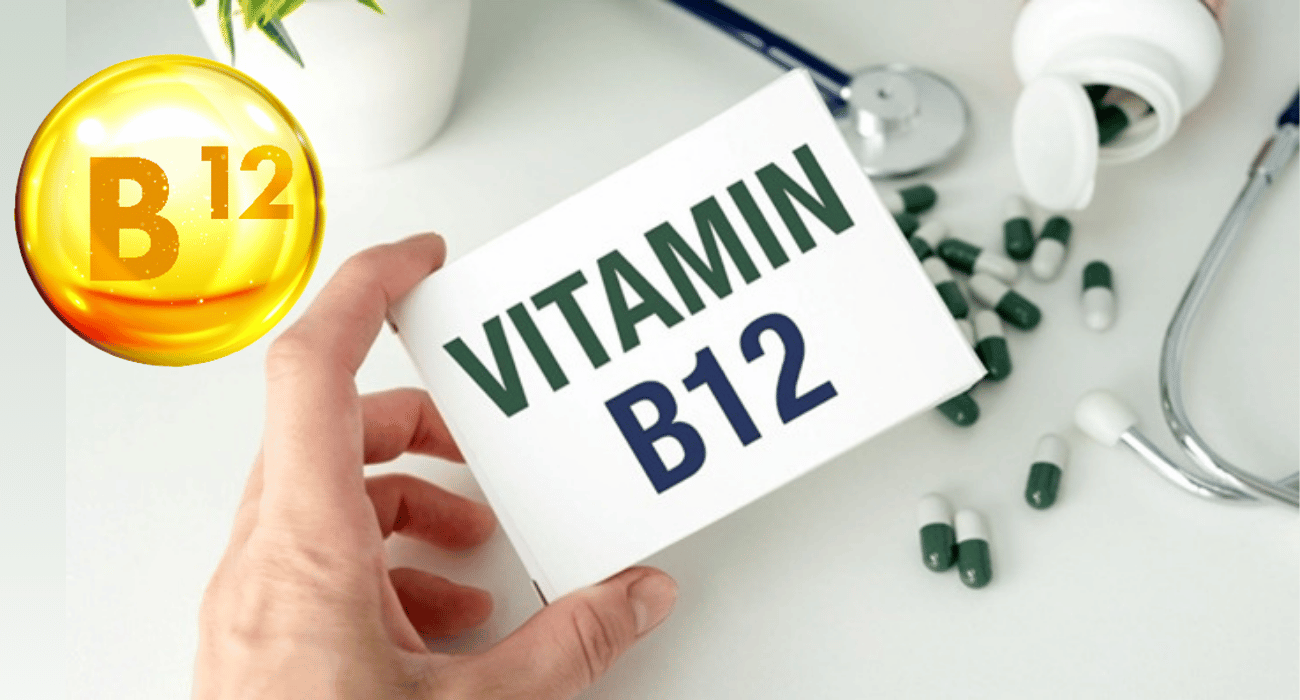5 Warning Signs of Vitamin B12 Deficiency You Should Never Ignore
The human body requires six primary vitamin groups for optimal functioning: A, B, C, D, E, and K. Fat-soluble vitamins A, D, E, and K are stored in the body’s fat reserves, while water-soluble vitamins B and C are excreted through urine when consumed in excess, making them more prone to deficiency.
Among the B-vitamins, Vitamin B12 (cobalamin) is a critical cofactor in DNA production, fatty acid metabolism, and amino acid metabolism. A deficiency in Vitamin B12 can lead to severe and irreversible damage, particularly affecting the brain and nervous system, especially in older individuals over the age of 60 who may produce less stomach acid, increasing the risk of B12 deficiencies.
Recognizing signs of Vitamin B12 deficiency is essential. Here are some red-flag indicators:
- Unexplained Fatigue:
Feeling tired doing tasks that were previously easy could be a sign of cobalamin deficiency. Foods rich in Vitamin B12, such as liver, eggs, and cumin seeds, can help address this deficiency. - Light-headedness and Dizziness:
Vitamin B12 plays a vital role in maintaining blood pressure. A drop in blood pressure can lead to feelings of light-headedness and dizziness. Persistent symptoms may require medical attention. - Memory Issues:
Vitamin B12 significantly influences brain function. Memory problems can be a noticeable sign of B12 deficiency. If memory issues persist, consulting a doctor is advisable. - Muscular Dysfunction:
Nerves, crucial for muscle function, are impacted by Vitamin B12 deficiency. This can result in muscular dysfunction. - Pins and Needles Sensation:
The sensation of pins and needles may indicate nerve issues or thinning of the myelin sheath, both linked to Vitamin B12 deficiency.
To address Vitamin B12 deficiency:
- Over-the-counter drugs often provide Vitamin B12 supplementation.
- Common nonvegetarian foods are rich in Vitamin B12.
- Brewing a tea of cumin seeds and consuming it before bed can be beneficial.
- Increasing consumption of Vitamin B12-rich foods like eggs and liver is recommended.
Monitoring and addressing signs of Vitamin B12 deficiency is crucial for overall health and well-being. If symptoms persist, seeking professional medical advice is advised.


